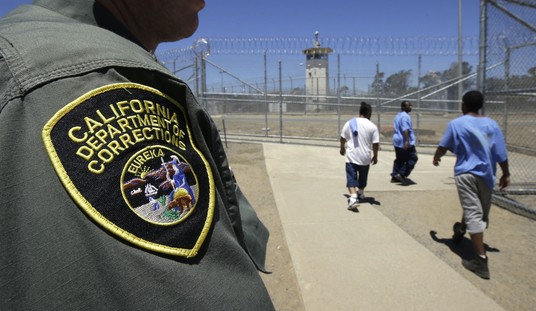We’ve been following with great interest the efforts of Congress to make it somewhat easier to fire negligent or even criminal workers and executives in federal agencies such as the VA. (And we’ve seen how well that’s been going so far, which is to say, not well at all.) But in their efforts to introduce a bit more accountability on the part of the taxpayer, have they opened the door to new problems in the form of allowing whistleblowers to be booted out of the system while the undeserving remain on the job? That’s the case being argued by Lynne Bernabei and Alan R. Kabat at Government Executive Magazine this week.
Most recently, Congress (this time under Republican control) has joined the executive branch’s war on federal employees by proposing legislation that would severely curtail the due process and other civil service rights of federal employees. These bills in the House Committee on Oversight and Government Reform would directly harm whistleblowers by making it much easier for agencies to demote or terminate them, and much harder for whistleblowers to challenge adverse personnel actions.
Congress already eviscerated civil service protections for members of the Senior Executive Service in the Veterans Affairs Department, by making it much easier for the agency to demote or fire them, and by limiting judicial review to a single administrative judge of the MSPB, with less than one month allowed for appeals. Even if an SES member claims that the agency fired her because she reported misconduct, the board and the Federal Circuit no longer have any role in protecting SES members at VA. Thus, VA can get rid of SES members who the agency does not like, including those who are whistleblowers.
At first glance this is worth a look because the one thing we absolutely don’t want to be doing is allowing bad actors in positions of authority to quickly remove those who would report their violations. But I’m not sure how well this argument stands up to the smell test. First of all, the Inspectors General should be the ones looking out for the whistleblowers and ensuring that the provisions of the 1989 Whistleblower Protection Act are enforced. If you’re accusing the IGs of being corrupt and helping get rid of “troublemakers” then we have an entirely different problem on our hands. But given the number of high profile cases being turned over for investigation these days it seems as if the job is getting done.
The second part of the argument being put forward by the authors strikes me as being even more specious. They invoke the phrase, limiting judicial review to a single administrative judge of the MSPB in their justification. Regular readers are already familiar with all we’ve been learning of the MSPB this year and it sounds like federal employees have little or nothing to worry about on that score. They’ve reviewed three cases of dismissal or demotion at the VA just since last month, two for egregious violations and what amounted to embezzlement of taxpayer funds, and all three of them were overturned. That’s a pretty good batting average if you get accused of wrongdoing in the federal government.
If there is retribution being dealt out to any well meaning whistleblowers it needs to stop, but they seem to have plenty of resources available. Every department has its own hotline they can call at the IG’s office without having to deal with their superiors. And if they do wind up being fired there is always the press. They seem to love reporting on stories like this these days and the worker should be able to get their job back with compensation for the illegal dismissal. It sounds to me like some of our federal employees are just a bit too concerned about the possibility of anyone losing their jobs, no matter how poorly they perform.









Join the conversation as a VIP Member